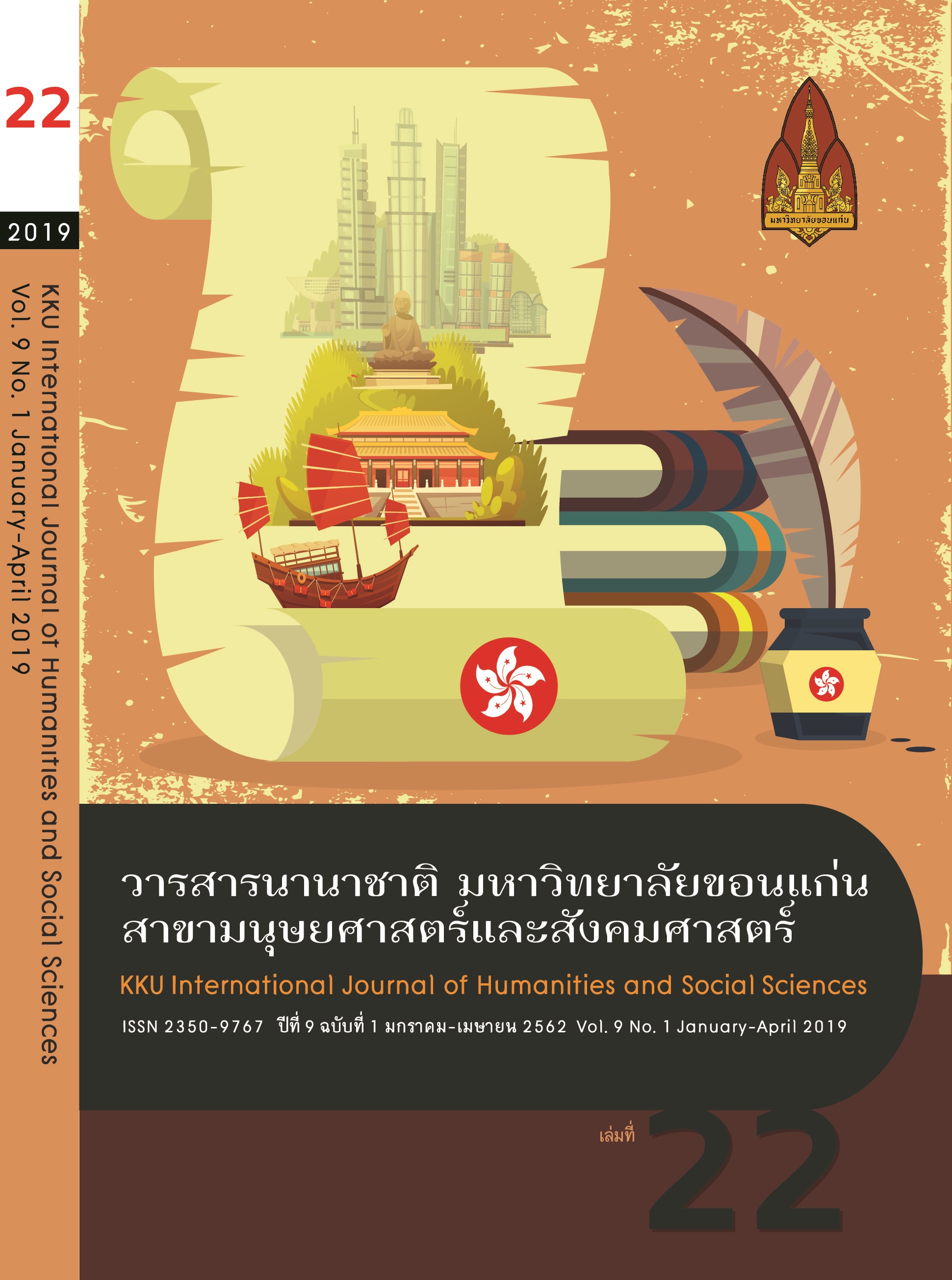The Development of Hong Kong Anglophone Literature in the Age of Globalization
Main Article Content
Abstract
If Asia was characterized by decolonialization in the second half of the 20th century, its dominant characteristics in the early 21st century must be inseparable from globalization. While the British administration of Hong Kong during the decade-long colonial rule gave rise to a unique variety of English and a new form of hybrid culture to this tiny metropolitan in Asia, how well is Anglophone literature produced by Hong Kong writers received locally and globally?
Although English has already become the global lingua franca with various Asian varieties emerging from former colonies, tensions between the Standard and the so-called non-Standard forms remain. The British linguist and former Head of English at the University of Hong Kong, Professor Roy Harris, accused Hong Kong English as “the worst in the world” (Ingham 2003: 1). It is thus the aim of this paper to discuss how this accusation, together with the preference towards the mother-tongue variety of English, becomes the force of resistance in affecting the development of Anglophone literature in Hong Kong in the colonial era. In order to stimulate the development of Asian Anglophone literature and make literary works a reflection of people’s contemporary experience, the choice of the variety of English in literary creation should no longer be a selfish political consideration in this age of globalization. This paper will also demonstrate how tertiary institutions in Hong Kong help in promoting Anglophone literature in Asia.
Article Details
References
Brown, Judith. (1998).The Twentieth Century, The Oxford History of the British Empire Volume IV. Oxford: Oxford University PressCrystal, David. (2003). English as a Global Language. 2nd ed. Cambridge: Cambridge UP.
Gray, Lawrence. (2008). “Mid-Sentence”. Fifty-Fifty New Hong Kong Writing. Ed. Xu Xi. Hong Kong: Haven Books. 64-80.
Ha Jin. (2010). “In Defence of Foreignness”. Routledge Handbook of World Englishes. Ed. Andy Kirkpatrick. Oxford: Routledge.
-----. (2000). “Broken”. The Bridegroom. London, Vintage. 71-90.
Ingham, Mike. (2003). “Writing on the Margin: Hong Kong English Poetry, Fiction and Creative Non-Fiction”. City Voices: Hong Kong Writing in English 1945 to the Present. Ed. Mike Ingham and Xu Xi. Hong Kong: Hong Kong University Press. 1-15.
Jenkins, Jennifer. (2009) World Englishes: A Source Book for Students. 2nd ed. London: Routledge.
Kirkpatrick, Andy. (2007). World Englishes: Implications for International Communication and English Language Teaching. Cambridge: Cambridge UP.Needa, Veronica. (2005). “Face”. City Stage: Hong Kong Playwriting in English. Ed. Mike Ingham and Xu Xi. Hong Kong: Hong Kong University Press. 24-37.
Prator, Clifford H. ( “The British heresy in TESL”.Schneider, Edgar W. (2007). Postcolonial English. Cambridge: Cambridge UP


